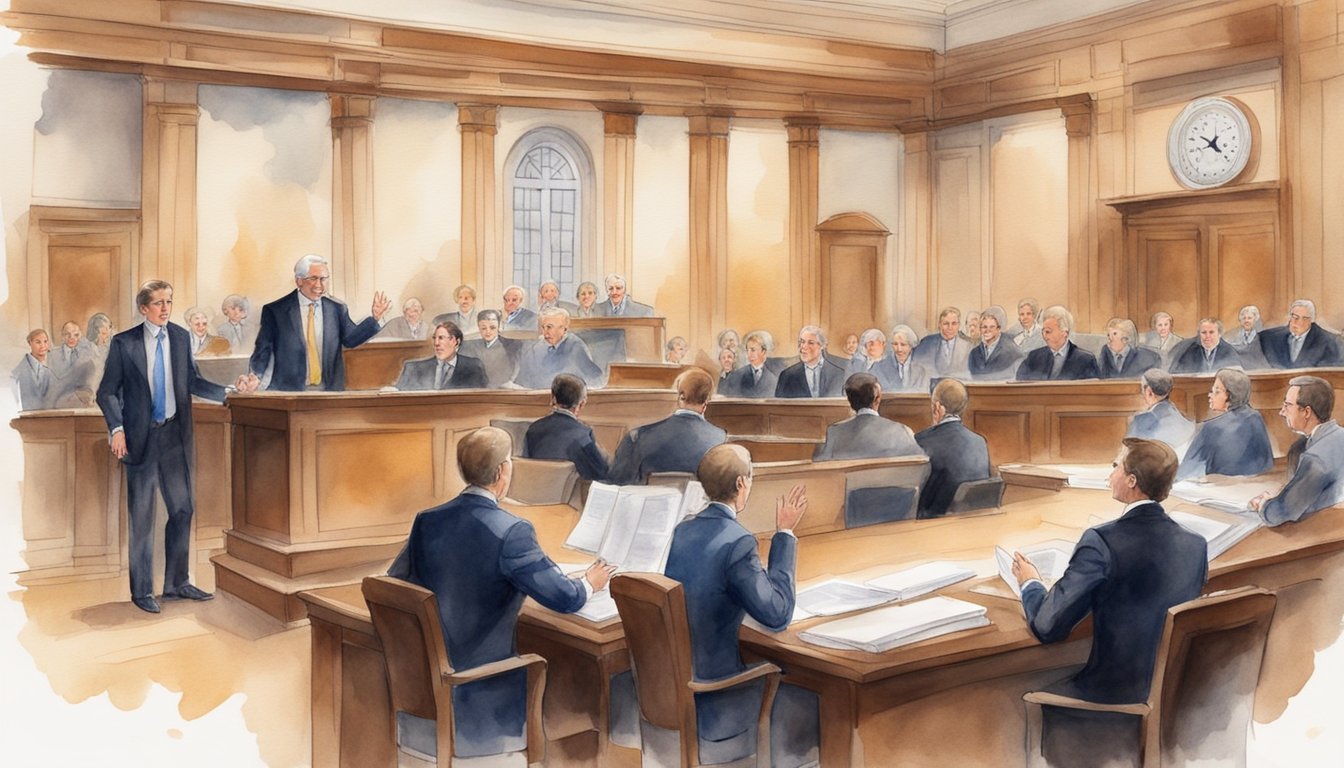Legal Background of LDS Lawsuit
The lawsuit involving The Church of Jesus Christ of Latter-day Saints (LDS Church) and James Huntsman has garnered significant attention, involving complex legal proceedings and claims of fraud against the religious institution. Huntsman alleges that the LDS Church misused tithing funds, asserting that donations were allocated toward commercial interests rather than charitable or religious purposes. The case has sparked broader discussions about financial transparency within religious organizations and how historical issues, such as Mormon beliefs on polygamy, continue to shape public perceptions of the church. As the legal battle unfolds, both sides remain steadfast in their arguments, with potential implications for religious governance and donor accountability.
Case Overview
James Huntsman filed a federal lawsuit in California against the LDS Church, alleging that the Church defrauded its members by misusing tithing funds contrary to promised intentions. Huntsman, brother to former Utah Gov. Jon Huntsman Jr. and son of the late billionaire philanthropist Jon Huntsman Sr., claims the Church used his tithings for commercial purposes, and is seeking the return of his donations—the total sum amounting to millions. The case’s management fell under U.S. District Court Judge Stephen V. Wilson who initially dismissed the lawsuit.
However, following the dismissal, an appeal was made claiming that members were defrauded. This led to the Ninth Circuit Court of Appeals reinstating the lawsuit. The significance of this decision rests on the rarity of en banc reviews granted by the court, which set a notable precedent as the case progressed.
The Church’s attorneys have fought the claims, arguing for a summary judgment to dismiss the lawsuit on various legal grounds. Meanwhile, the question of class-action status, which would allow other members to join the lawsuit, was brought forward in Seattle but later transferred to Salt Lake City, consolidating the case within the Utah legal system.
The legal maneuvers in this case are of particular importance as they touch upon matters of religious contributions, trust within religious memberships, and the legal obligations that institutions may bear regarding the advertised use of these funds.
Financial Implications and Responses

This section explores the fiscal aspects of the lawsuit involving the Church of Jesus Christ of Latter-day Saints, focusing on its financial management and the varied reactions from the public and legal entities.
Church’s Financial Practices
The Church of Jesus Christ of Latter-day Saints has been managing a substantial investment portfolio which includes stocks, bonds, real estate, and agriculture, overseen by Ensign Peak Advisors. Tithing, traditionally ten percent of a member’s income, is a significant source of the Church’s revenue. Funds collected are channeled towards various administrative costs such as construction, education, and missionary work. Controversy has arisen regarding the use of these tithing funds, particularly with the allegation of their investment in commercial entities like the downtown Salt Lake City’s City Creek Center.
Public and Legal Reactions
Public scrutiny intensified following claims by a whistleblower, leading to a lawsuit alleging that the Latter-day Saints mishandled tithing funds. These reactions have triggered a series of legal challenges. In one case, a plaintiff who resigned from the Church sought redress for what he claimed was a misuse of the funds, asking for a reinstatement of his contributions estimated to be around $5 million. The Utah-based faith has found itself in a legal tangle with the SEC over these financial practices, that has led to a settlement and further discussions on the transparency and management of nonprofit finances. In another development, the 9th U.S. Circuit Court of Appeals has been involved, showcasing the legal complexities and the wide impact of this case on the Church’s operations and its global membership.

